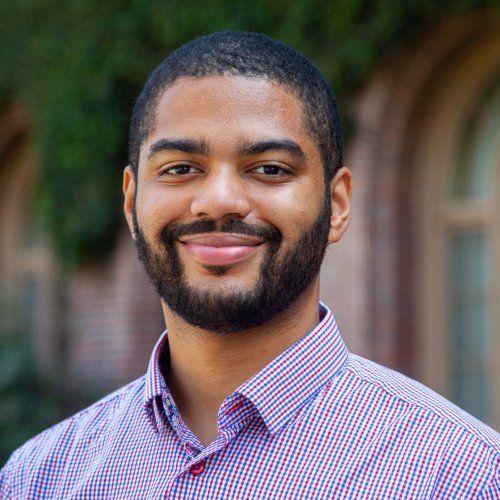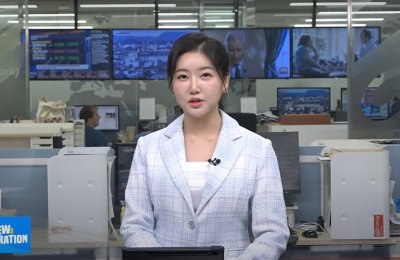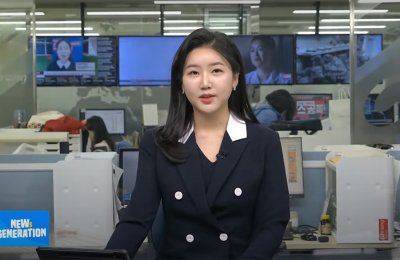
Marlon
Twyman II

Marlon
Twyman II
Tabs
USC Annenberg Assistant Professor of Communication Marlon Twyman is a quantitative social scientist specializing in advanced computational and statistical methods, with a particular focus on social network analysis. By merging perspectives from social networks, organizational behavior and computational social science, his research program focuses on how teams, online communities and organizations form and interact in the digital age. More specifically, he studies questions related to team formation processes in collaborative technology platforms. He has recently published research in the Journal of Computer-Mediated Communication, New Media & Society, and Social Networks. His research has also recently appeared in the following venues: the International Communication Association (ICA) Conference; National Communication Association (NCA) Conference; Academy of Management (AOM) Conference; Hawaiian International Conference on System Sciences (HICSS); CHI Conference on Human Factors in Computing Systems; and CSCW Conference on Computer Supported Cooperative Work and Social Computing.
He received his PhD from Northwestern University in the Technology and Social Behavior program, a dual-degree in communication studies and computer science. He earned his BS and MS in biomedical engineering from Wright State University (Dayton, Ohio) and has acquired professional experiences as a consultant for topics related to IT implementation, healthcare quality and policy, as well as experience as a materials science researcher. At different stages of his career, his research has been supported by the National Science Foundation, the National Aeronautics and Space Administration, the Air Force Research Laboratory, the National GEM Consortium, and the MITRE Corporation. He has also been awarded a Provost’s Assistant Professor Fellowship from the University of Southern California.
Awards and honors:
National Science Foundation (NSF) Computer and Information Science and Engineering (CISE) Research Initiation Initiative (CRII): Principal Investigator grant (2021).
USC Provost Assistant Professor Fellowship, University of Southern California Office of the Provost (2019).
Donald H. and Carolyn E. Ecroyd Fellowship, Northwestern University School of Communication (2017).
GEM Fellowship, The National GEM Consortium (2013).
Air Force Research Lab/DAGSI Research Fellowship, Dayton Area Graduate Studies Institute (2010).
Book Chapters
Strategies for Team Science Success: Handbook of Evidence-based Principles for Cross-disciplinary Science and Practical Lessons Learned from Health Researchers, chapter 17: “State of the Science: Team Assembly,” co-author (Springer, 2019).
Journal Articles
“Do inclusive incentive systems encourage prosocial or competitive behavior in online communities?” co-author (New Media & Society, 2024).
“Introducing Women to Data Science: Investigating the Gender Gap in a Learning Initiative on Kaggle,” co-author (STEM Education and Workforce Development: Addressing Equity and Inclusion for Underserved Populations, 2024).
“Positioning in a collaboration network and performance in competitions: a case study of Kaggle,” co-author (Journal of Computer-Mediated Communication, 2023).
“Teammate invitation networks: The roles of recommender systems and prior collaboration in team assembly,” co-author (Elsevier, 2022).
“Disrupting the COVID-19 Misinfodemic With Network Interventions: Network Solutions for Network Problems,” (American Public Health Association, 2021).
“Who Would You Like to Work With?: Use of Individual Characteristics and Social Networks in Team Formation Systems,” co-author (ACM, 2019).
“Black Lives Matter in Wikipedia: Collective Memory and Collaboration Around Online Social Movements,” co-author (ACM, 2017).
Media Coverage
Courses
COMM 305: Understanding Social Science Research
COMM 385: Organizational Communication
COMM 790: Research



